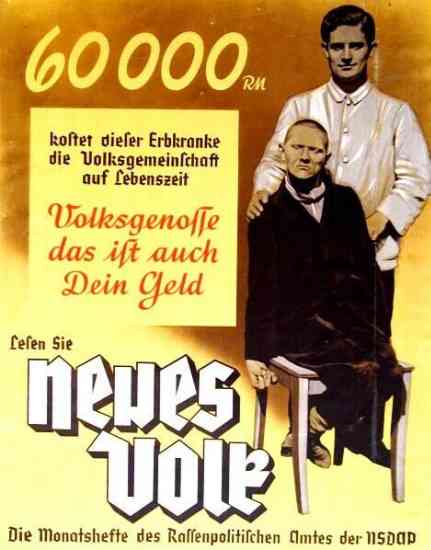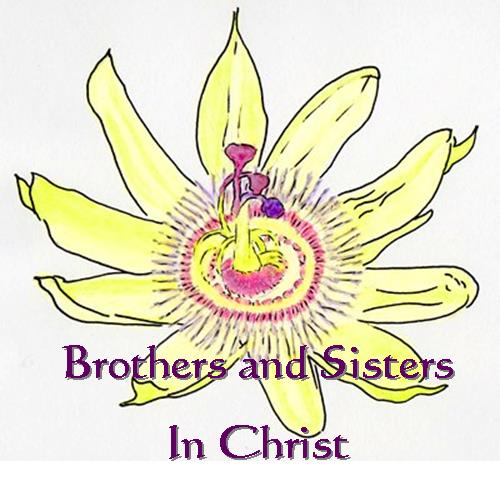Sermon preached on Sunday 5th September 2021, introducing the Pastoral Principles of Acknowledging Prejudice and Speaking Into Silence ahead of the Living in Love and Faith course to be run at St James’ Church, West End in October 2021. Using the lectionary readings of James 2:1-10, 14-17 and Mark 7:24-37
May I speak and may you hear through the Grace of our Loving God; creator Father, redeeming Son and sustaining Spirit. Amen
On the bottom of my emails I have a quotation of Martin Luther King, which says, “Our lives begin to end the day we become silent about things that matter“. Of course, for King the silence was to do with the discrimination of black people, mainly in America, but also around the world, where people’s skin colour was deemed to be the only necessary indicator of sub-humanity and therefore gave others the right to mistreat, subjugate and even kill a black person with no recriminations or sense of guilt.
At some point, someone, somewhere must have pre-judged this human being who stood in front of them, a mirror of shape and form of themselves, but a different hue, and persuaded others that this was the case. They must have had power and authority that enabled them to do this, and took others silence as acquiescence and so it became accepted as the norm which people passively accepted and taught their children and children’s children that this was how it was. If anyone did protest, the power of common psyche overrode any objections, and silence was easier than speaking out. A silence that speaks volumes.
Some of you will have heard me quote the poem from Martin Niemöller about the Jewish Shoah in World War II, ‘First they came for the Jews’ in which a person remained silent whilst the Jews, the communists, the trade unionist were taken without anyone speaking out, until it came to their turn, and they realised that ‘there was no one left to speak out for me’. In many cases this silence was because of fear; fear of the Nazis and the power that they wielded, fear of being the one who spoke out; fear of going against the norm.
One question that is often asked is what were the Christian communities or individual doing whilst both of these unspeakable chapters of human history were taking place? For many Christians their position was actually dictated by scripture. They searched the bible and found passages that supported their stance, particularly when God made a covenant with Abraham in regard to circumcision, ‘Then Abraham took his son Ishmael and all the slaves born in his house or bought with his money… that very day Abraham and his son Ishmael were circumcised; and all the men of his house, slaves born in the house and those bought with money from a foreigner, were circumcised with him (Genesis 17:23, 26-27). Here was their evidence that God condoned slavery
Many Christians saw this as meaning that slavery was morally acceptable. In fact, a Methodist preacher George Whitfield said, ‘As for the lawfulness of keeping slaves, I have no doubt, since I hear of some that were bought with Abraham’s money, and some that were born in his house’. George Whitfield himself owned slaves and campaigned for slavery to be reinstated in the American state of Georgia after it was abolished there in 1751.
Maybe we consider it ironic or preordained that it was the Quakers who were early leaders in the campaign to ban slavery. The Quakers, whose worship of God involves sitting in silence, not to prevent anyone from speaking, but to listen, to hear more clearly God’s ‘still small voice’. And of course, Jesus himself exhorts people multiple times in the gospel to listen closely to his message, when he says, ‘He who has ears, let him hear’. It’s the listening to each other that helps us understand more
We know that you can’t claim justification of your actions using snippets of scripture, passages that reflect the context in which the people were living at the time, because you then fail to see the bigger picture and overarching message of God’s love for each and every individual, born and created in his own image. Moreover, prejudice comes when scripture is abused rather than used.
In his epistle, James is writing from a Jewish background at a time when most Christians came from a Jewish heritage. He was also writing in a very partial age, filled with prejudice and hatred based on class, ethnicity, nationality, and religious background. In the ancient world people were routinely and permanently categorized because they were Jew or Gentile, slave or free, rich or poor, Greek or barbarian, or whatever. His message was that this kind of partiality has no place among Christians.
For whoever keeps the whole law but fails in one point
has become accountable for all of it
James 2:10
When we treat people differently because of their appearance, their background, their lifestyles and their sexuality, we are picking and choosing how we hear and interpret the message, creating prejudices that are taken as up and regarded as the only truth, and if we are perfectly honest with ourselves, many of us won’t even realise it because it has become our norm and excuse to remain silent about these things.
It’s then that we have to make a greater effort to listen to each other, to not make assumptions, but to welcome the opportunity to gain understanding. To apply that knowledge and change things where they need to be changed. Jesus demonstrates this simple fact when his assumptions were challenged. When what he considered the norm, that his mission was only to the chosen children of God, the Jewish people, was set aside when he heard what the Syrophoenician woman had to say. He listened and heard her faith and responded to show that no-one was to be excluded.
One thing that we are being asked to listen to and hear right now is how prejudice and silence have meant that another group of people have also been excluded and suffered at the hands of the church. The LGBTI+ community, and I’ll spell it out for you, the lesbian, gay, bisexual, transgender and intersex + community.
Central to our faith is a belief that each of us is unique and that we are fearfully and wonderfully made by God… but as a community and as individuals they have been abused by the church, denied inclusion, forced to deny their very individuality and identities, even forced to undergo therapy and medical interventions in silence and in fear… and few people have come forward to speak into that silence.
More often than not it is because people don’t know, don’t understand or don’t want to challenge what they believe is the norm. We mustn’t be those people. The norm is only the thing we want it to be. We need to hear their stories, we need to listen to their injustices, we need to take up the challenge of inclusion, we need to love each other in the same way that God loves us unconditionally.
For the Syrophoenician woman it was her faith that persuaded Jesus that things had to change, for the deaf man it was his inability to make himself clearly heard that persuaded Jesus to step forward and help him. For us it is the recognition that God doesn’t see the colour of our skin or our gender or our sexuality; what he sees is what is in our hearts; he sees us for ourselves and not how others want us to be; he sees us as individuals, his marvellous creation, beloved and precious in his sight.
As an individual I have, over many years, made a conscious effort to listen to LGBTI+ people, to hear their stories, to reflect on my own upbringing, to read the bible, to pray, in order to discern what my response should be, trying to be as faithful to God’s Word as I can. It wasn’t always straightforward; it took time, and I did have to consider the views of others. However, I’m now comfortable with trying to help others to take that same journey.
And so, this October, I urge you to join in the conversations through the Living in Love and Faith course we are running, to understand more, to put aside assumptions and prejudice, to have the courage to start the process of breaking up the silence.
To listen…to learn… to love one another… just as God loves us, wholeheartedly and unashamedly.
Amen

The Living in Love and Faith course will run at St James’ Church, West End, starting on Thursday 7th, and continuing on 14th, 28th October and 4th, 11th November between 7.30pm and 9pm. Each session has short videos and there will be break-out groups for discussion and Bible study. You are welcome to join us.












